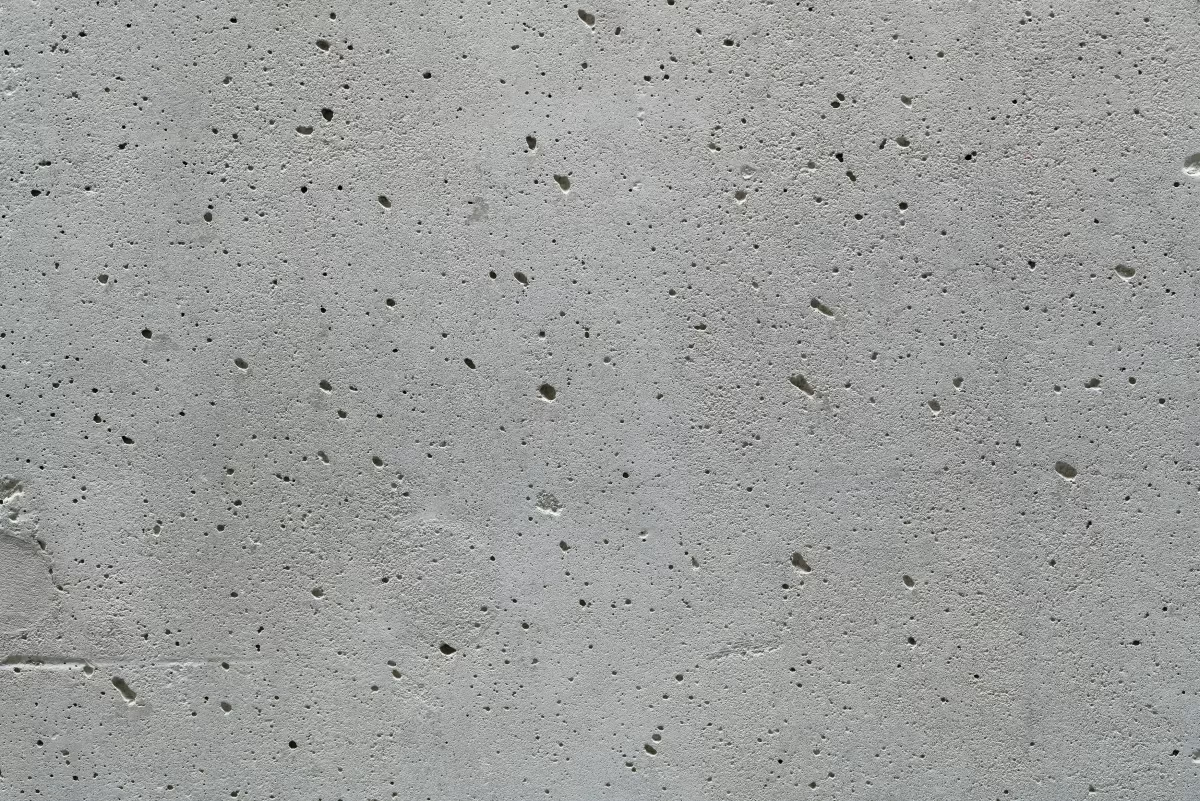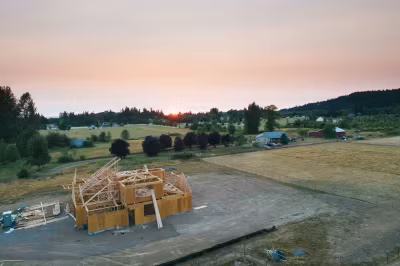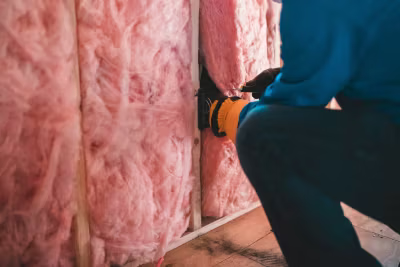Homeowners experiencing the fallout from defective construction know that the repercussions extend far beyond repair expenses or a reduction in property value. Construction defects can disrupt the daily lives of homeowners and their families, leading to a myriad of non-monetary damages. Recognizing these impacts, Colorado law allows homeowners to seek compensation for these additional harms.
The Scope of Recoverable Damages under the Colorado Construction Defect Action Reform Act
The Colorado Construction Defect Action Reform Act (CDARA) outlines the types of damages homeowners can recover. These include damages directly related to the property as well as non-economic damages.
Property-Related Damages
The core category of damages pertains to the home itself or the resulting loss in value. Under C.R.S. § 13-20-802.5(2), a homeowner is entitled to "actual damages," which are defined as the lesser of:
The fair market value of the property without defects,
The replacement cost of the property, or
The reasonable cost to repair the construction defects.
In most cases, the cost of repair is the key measure, with homeowners typically enlisting contractors, engineers, and other construction industry experts to estimate repair costs accurately. For a detailed analysis of the role these experts play, check out our article on The Role of Expert Witnesses in Colorado Construction Defect Litigation.
Additional Damages Recoverable Under the Colorado Construction Defect Action Reform Act
Apart from direct repair costs, CDARA allows homeowners to claim damages for various disruptions and non-economic impacts:
Relocation Costs: Homeowners may need to vacate their homes during repairs, especially in cases involving serious issues like mold or water damage. Relocation costs cover temporary housing, moving and storage of belongings, and potentially professional cleaning services for contaminated items. Under CDARA, a homeowner may recover actual damages, "together with relocation costs..."
Loss of Use: Defective construction can render parts of a home unusable. For instance, water damage to a basement may necessitate removal of furniture and flooring, effectively eliminating a living space. CDARA recognizes this as a legitimate form of damages, permitting a homeowner to recover "other direct economic costs related to loss of use..." A general rule of thumb for determining loss of use damages is to take the approximate unusable square footage, multiplied by the monthly rent for equivalent housing. For instance, if 10% of the home is rendered unusable and an equivalent property would rent for $2,500.00 per month, the homeowner could reasonably claim an additional $250 in damages per month until the property is repaired. Where the entire home is rendered uninhabitable, the homeowner could seek the entire rental value of the home as additional damages.
Mitigation Expenses: As a general rule, homeowners are expected to mitigate further damage resulting from defects. Indeed, the failure to reasonably to do can be an affirmative defense, which could limit the homeowner's recovery. Reasonable mitigation efforts, such as regrading land to prevent water damage, can be claimed as damages.
Annoyance, Inconvenience, Aggravation, and Discomfort: The stress and inconvenience of dealing with a defective home can take a toll on homeowners. In Hildebrand v. New Vista Homes II, LLC, 252 P.3d 1159 (Colo. App. 2010), the Colorado Court of Appeals held that "the plain language of the CDARA permits recovery of damages for inconvenience .."
Damages Beyond "Actual Damages":
Although CDARA generally limits a homeowner's recovery to "actual damages," under certain circumstances, the Court may award additional damages. For instance, CDARA permits the recovery of non-economic damages up to $250,000.00 if:
The homeowner establishes that the construction professional violated the Colorado Consumer Protection Act and
The construction professional's offer of settlement through CDARA's Notice of Claims Process is less than 85% of the amount awarded as actual damages.
The Consumer Protection Act can provide a homeowner with substantial leverage as that statute does permit a consumer to recover treble (three times the amount of compensatory) damages if they show by clear and convincing evidence that the defendant engaged in bad faith conduct.
Damages Beyond the Colorado Construction Defect Action Reform Act
Though many construction professionals argue for a very broad application of CDARA, it is important to keep in mind that the application of the statute only applies to civil actions for damages, indemnity or contribution brought against a construction professional for damages "caused by a defect in the design or construction of an improvement to real property."
Under many circumstances, a claimant may have additional claims against a construction professional that do not relate to alleged "defect[s] in the design or construction of an improvement to real property." For instance, a homeowner could have a general breach of contract claim associated with a contractor unreasonably delaying the progression of the project or walking off the project. The homeowner could also have independent claims for fraud based upon misrepresentations that were made to them by the contractor. All of these types of claims could implicate additional damages that are not restricted by CDARA's actual damages cap or the $250,000.00 non-economic damages cap.
Legal Assistance for Construction Defect Claims
As you can tell, navigating the complexities of a construction defect claim and ascertaining awardable damages can be a challenging endeavor. At Hollington Law Firm, we specialize in representing homeowners in these types of claims. If you suspect your home was negligently built or renovated, reach out to us for a consultation. We are committed to helping you secure the full range of damages you are entitled to under Colorado law.
Have Questions About Construction Defects?
Our experienced construction defect attorneys are here to help. Schedule a free 15-minute screening call to discuss your situation.



